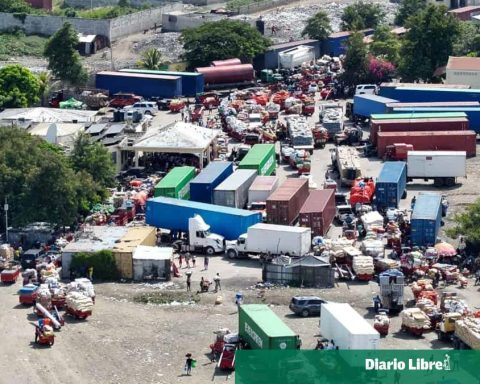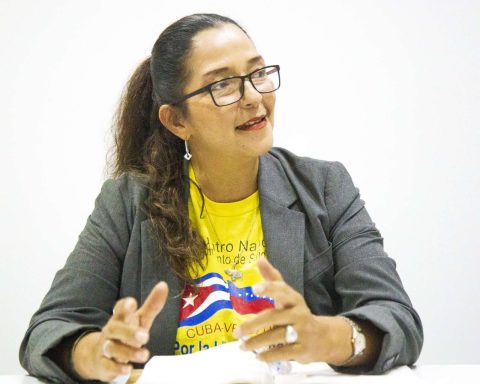
The vice president of State Sanitation Works (OSE), Susana Montaner, spoke this Monday morning about the controversy over the poor quality of the water that the agency is delivering to the public, and her statements caused controversy.
“There are many people who can stop buying a Coca-Cola and buy water, it is not an issue that can be resolved from one day to the next, but we are willing to take some measure that, in those cases where these pathologies, and there is an economic issue, obviously we are going to solve them,” Montaner said in an interview with the program Double click.
The doctor should recommend bottled water, says Montaner
The senior leader and militant of the Colorado Party added that one of the ideas on the table is that the treating physician of those people who have a pathology susceptible to excess sodium orders that the individual should drink bottled water and not from the tap.
“We do not have a record, do not forget that what has to do with health is (issue) of the patient, and we cannot know who are those who are in that situation, we do not have that data. And regarding an economic situation, there are people who are (in a registry) but who can afford (bottled water) until this situation, which is critical, and which has occurred as an emergency, ends”.
Criticism did not wait
As soon as the OSE chief’s words were released, several opposition leaders came out to criticize her. The first was the representative of the Broad Front, Alejandro ‘Pacha’ Sánchez, who commented: “Those who must guarantee drinking water believe they have the right to tell people what they should buy and what not. While waiting for the subsidy, what do hypertensives who cannot buy bottled water drink? A new episode of this tragicomedy called: government of Lacalle Pou”.
Julio Trostchansky, former president of the Uruguayan Medical Union, also commented on this: “Irresponsibility and classism unified in a speech without content.
A measure that was taken without thinking about the consequences of said decision and that generates a health problem regarding a clinical situation (hypertension) that affects a third of the population of Uruguay”.















